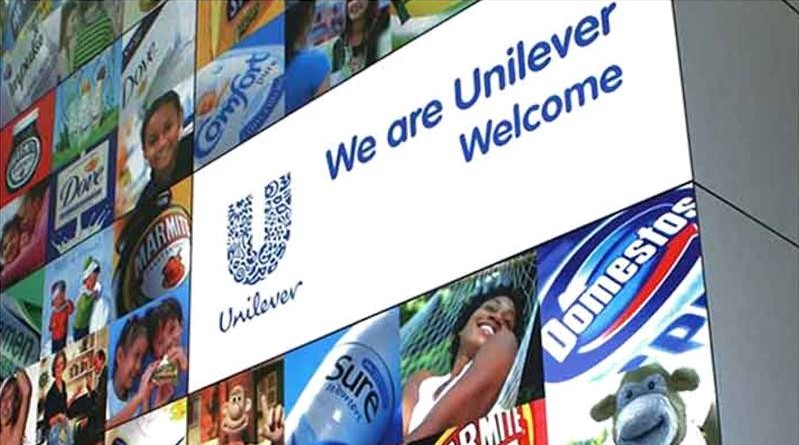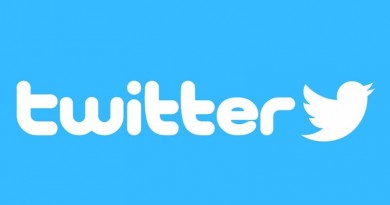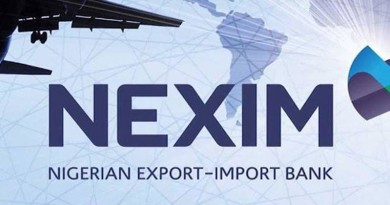Unilever says it won’t work with social media stars who buy followers
Consumer-goods company Unilever will not work with social media stars, or “influencers,” who buy followers on platforms such as Twitter and Facebook, it announced Monday.
Chief Marketing Officer Keith Weed said the company would scrutinize how it works with such influencers and urged other brands to look at how they avoid fraud on social media. The company has an overall marketing budget of more than €7bn ($8.1 billion).
Influencer marketing is of growing importance for brands who want to use well-known and trusted faces to market their products on social media. Someone with 100,000 followers might earn $2,000 for a promotional tweet, for example, and the more followers an influencer has, the more they get paid.
Some influencers might therefore be tempted to buy followers, which could be bots, meaning promotional content isn’t always seen by real people. In January, a report in The New York Times suggested a company called Devumi was selling Twitter “followers” to people including TV stars and well-known athletes. Followers tend to be bots and are offered for just a few cents each. Devumi denied such allegations last November.
“The key to improving the situation is three-fold: cleaning up the influencer ecosystem by removing misleading engagement; making brands and influencers more aware of the use of dishonest practices; and improving transparency from social platforms to help brands measure impact,” Weed said in a statement emailed to CNBC.
“We need to take urgent action now to rebuild trust before it’s gone forever,” he added.
Trust in social media is in “crisis” according to Carol Potter, European president and chief executive of PR agency Edelman, who spoke to CNBC at the World Economic Forum in Davos in January. Jon Moeller, Procter and Gamble’s chief financial officer, talked of “eliminating non-viewable ads,” as well as being more precise with digital ad placement, in the company’s second half results call the same month.
The U.S. Federal Trade Commission has clamped down on influencers who do not clearly disclose when their posts have been paid for by advertisers.




